When a fire truck shrieked past mere feet away from Jay Basch at two years old, his mother noticed he didn’t react.
He kept looking at a store’s window display. Jay’s parents soon had him tested at the Shriners Children’s Hospital.
“The doctor told them, ‘Your son is healthy in every way, except he can’t hear,” Jay signs to me, while his daughter, Shari, who has some hearing impairment, interprets. “’Don’t waste money on quackery. Spend it on education.’”
At the time, so-called “cures” included pilots taking deaf persons to high altitudes and then nose-diving to produce a fast change in pressure on the ears.
The Centers for Disease Control and Prevention (CDC) Early Hearing Detection and Intervention “estimates [that] 8.6 percent of newborns screened are diagnosed with a permanent hearing loss.” This number translates into about 1.1 million Pennsylvanians with hearing impairment.
Jay’s parents listened to the doctor. Despite his deafness, Jay, now 89, earned a doctorate in chemistry, and, through his discoveries and volunteering, continues to help many Philadelphians.
Fate lent a hand. The Basch family lived on Mount Airy’s West Gowen Avenue.
“Our house was right across from the Pennsylvania School for the Deaf [PSD],” Jay signs. The third-oldest such school in the country, it accepted students at age six, Shari says of the school, founded in 1820 by David Seixas (1788-1864), a crockery maker-dealer alarmed at the deaf and impoverished children on Philadelphia’s streets.
“When I was three, my parents hired Miss Ruthven, a PSD teacher, to come to the house after school [hours] and teach me,” Jay signs.
“He has some speech skills because Miss Ruthven trained him using a piece of paper,” Shari says. “For example, if you say the letter ‘p’ correctly, the puff of air makes the paper move a certain way. Some people understand him when he speaks and some don’t.”
Ten years at PSD gave Jay a strong educational and emotional foundation.
“PSD built up my self-confidence … and prepared me for challenges in the outside world,” he signs. “[Before I graduated] my father took me to different high schools. The public schools were too big, and some private schools rejected me because I’m deaf.”
Ultimately, he settled on Friends Select because it welcomed him and had small classes.
“The teachers were great, but in the 1950s the technological aids in today’s hearing and deaf communities—email, text messages, closed captions, videophones and sign language interpreters—didn’t exist,” Jay signs. It was a challenge.
Later at the University of Pennsylvania, where Jay majored in zoology, he used the strategy of sitting beside girls and copying their notes. “Girls were better note takers than boys,” he signs.
“He had to convince the girls that he wasn’t flirting,” Marilyn, 88, Jay’s wife of 65 years, who’s hard of hearing, says and signs.
Once, a girl whose notes he’d copied got a lower score on an exam, Marilyn recalls. “After that, Jay wouldn’t reveal his grades to anyone.”
Majoring in zoology threw Jay in with pre-med students. “We became friends and communicated well,” Jay signs. “We had fun in the cat anatomy class.”
Jay finished a bachelor’s degree in five years. In time, with night and weekend courses, he earned a master of chemistry from Drexel and doctorate from Temple.
After graduating from Penn, Jay interviewed with the U.S. Department of Agriculture (USDA). Personnel staff brought in someone who, though not a sign-language interpreter, could understand and communicate with Jay. USDA’s Eastern Regional Research Facility in Wyndmoor, Montgomery County, snapped him up.
“I was stationed in the Animal Protein Pioneering Section,” Jay signs. He zeroed in on dairy products. “They had cows at farms nearby, and the most delicious ice cream you ever tasted.”
Jay devised methods using electrophoresis, an apparatus that separates the proteins in a gel using electric current, to detect the adulteration of skim milk, nonfat dry milk and buttermilk powder. In addition, some of the more than 50 scientific papers he wrote or co-wrote focused on the isolation and properties of proteins in milk products.
He also found ways to boost the benefits of dairy products.
“I studied the homogenization of milk, where fat globules are broken up so that they don’t separate into cream,” Jay signs. “You want the fat globules to stay large enough so that they pass through the body and don’t get stuck in blood vessels.
Jay made a name for himself as a “cheese detective” for environmental watchdog agencies. “Whey is a byproduct of making cheese,” Jay signs, “and some companies were dumping whey into streams and rivers illegally, which caused unwanted algae to grow. In order to avoid penalties for pollution, companies would add whey to dairy products. I would analyze these products to detect whey proteins.”
Jay had no trouble explaining his ideas to colleagues. “I communicated with them by using my voice and lip-reading,” Jay signs. “If necessary, we wrote things down.” It worked. The U.S. Civil Service Commission named him Outstanding Handicapped Federal Employee of the Year in 1969, one of many awards he garnered during his career.
While Jay helped the USDA ensure that milk products adhere to their guidelines, he and Marilyn have helped the deaf community, too. “My parents believe in giving back,” Shari says.
The Basches have been longtime members of the 103-year-old Silent Athletic Club of Philadelphia, where Jay and Marilyn met. Jay has held many positions, including president, at the facility, which provided a place for playing sports and socializing. “We have volunteered with the Hebrew Association of the Deaf and Deaf and Hard of Hearing Senior Citizens of Delaware Valley,” Jay signs.
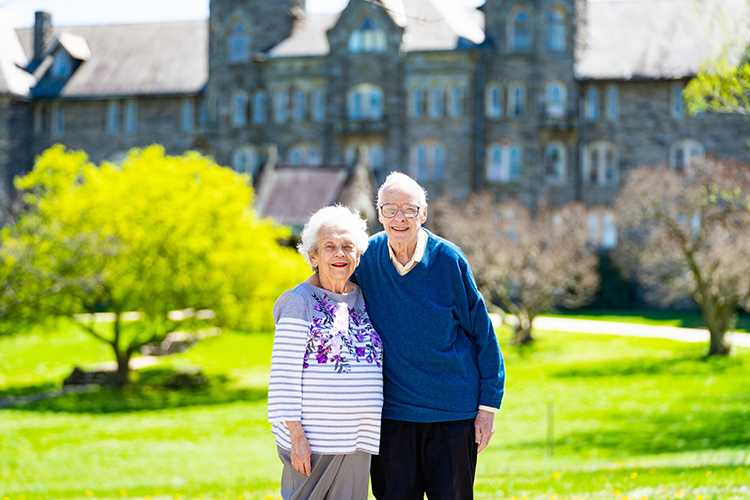
The Basches have given much time to PSD. “For years, I was the volunteer manager for the monthly alumni newsletter,” Marilyn says and signs. “I handled printing, collating, folding, inserting into envelopes, adding addresses and return labels and … mailing them.”
The newsletter promotes a close-knit alumni association.
“We have about 397 members, and it’s growing,” says the president Denise Brown. “That includes a lot of networking with people helping each other.”
Jay also launched the school’s Deaf Culture & Heritage Center in the 1990s.
“Deaf people love to see their past,” signs Jay, still the volunteer custodian of the center. “The museum has books, documents, rare photographs and memorabilia like china dishes from when PSD was a residential school. The museum helps to educate people about what it means to be deaf.”
Tips for the Hearing
The Basches’ tips for hearing people on communicating with people who are deaf or hard of hearing:
- Face a deaf person when you speak.
- Don’t assume that every deaf person reads lips.
- Be aware that face masks or a beard can present an obstacle to reading lips.
- Speak slowly and articulate clearly.
- Use pen and paper to communicate if problems arise.
To learn more about the Pennsylvania School for the Deaf, visit psd.org or call (215) 951-4700 (voice) or (267) 331-4748 (videophone).

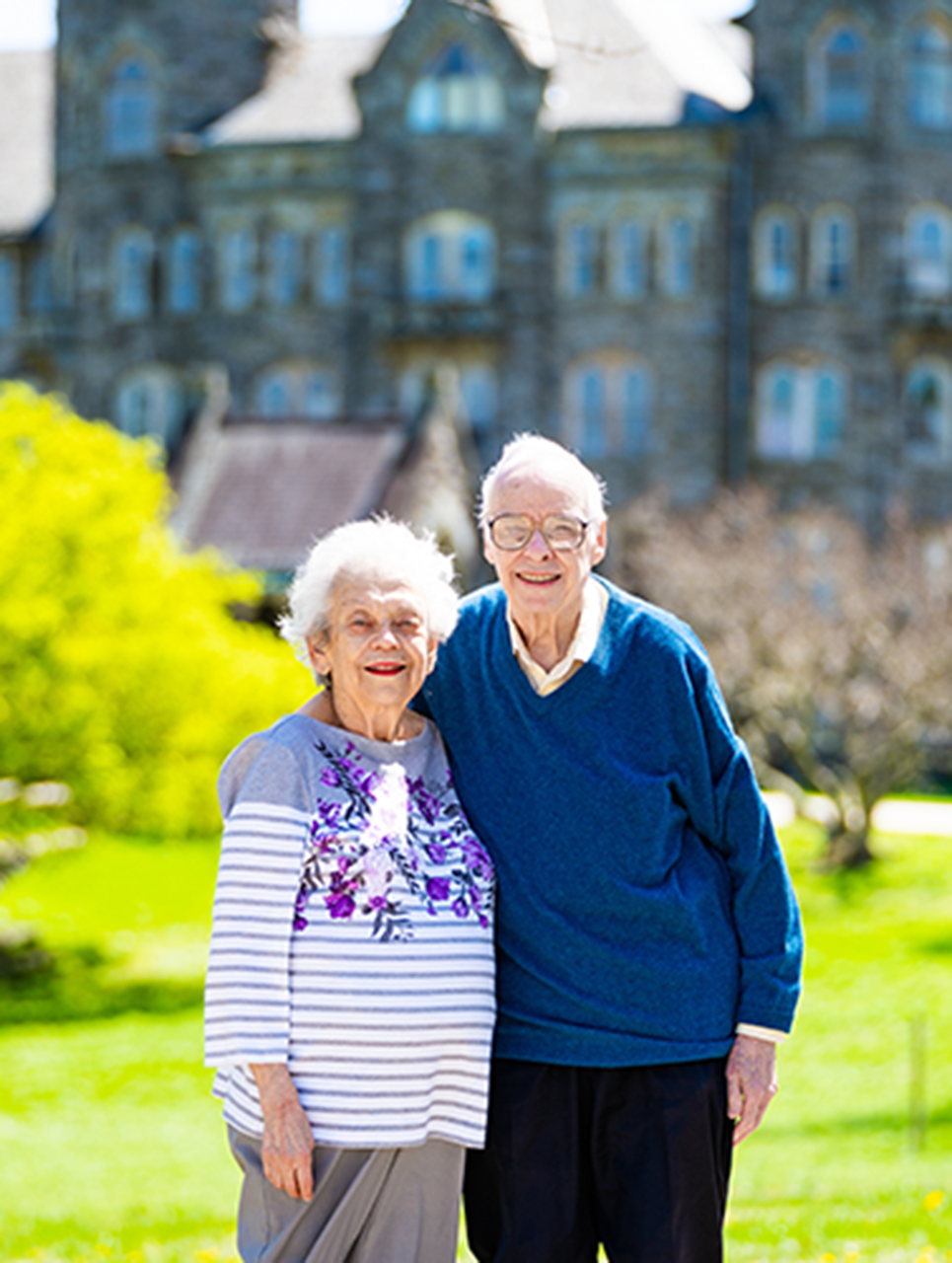
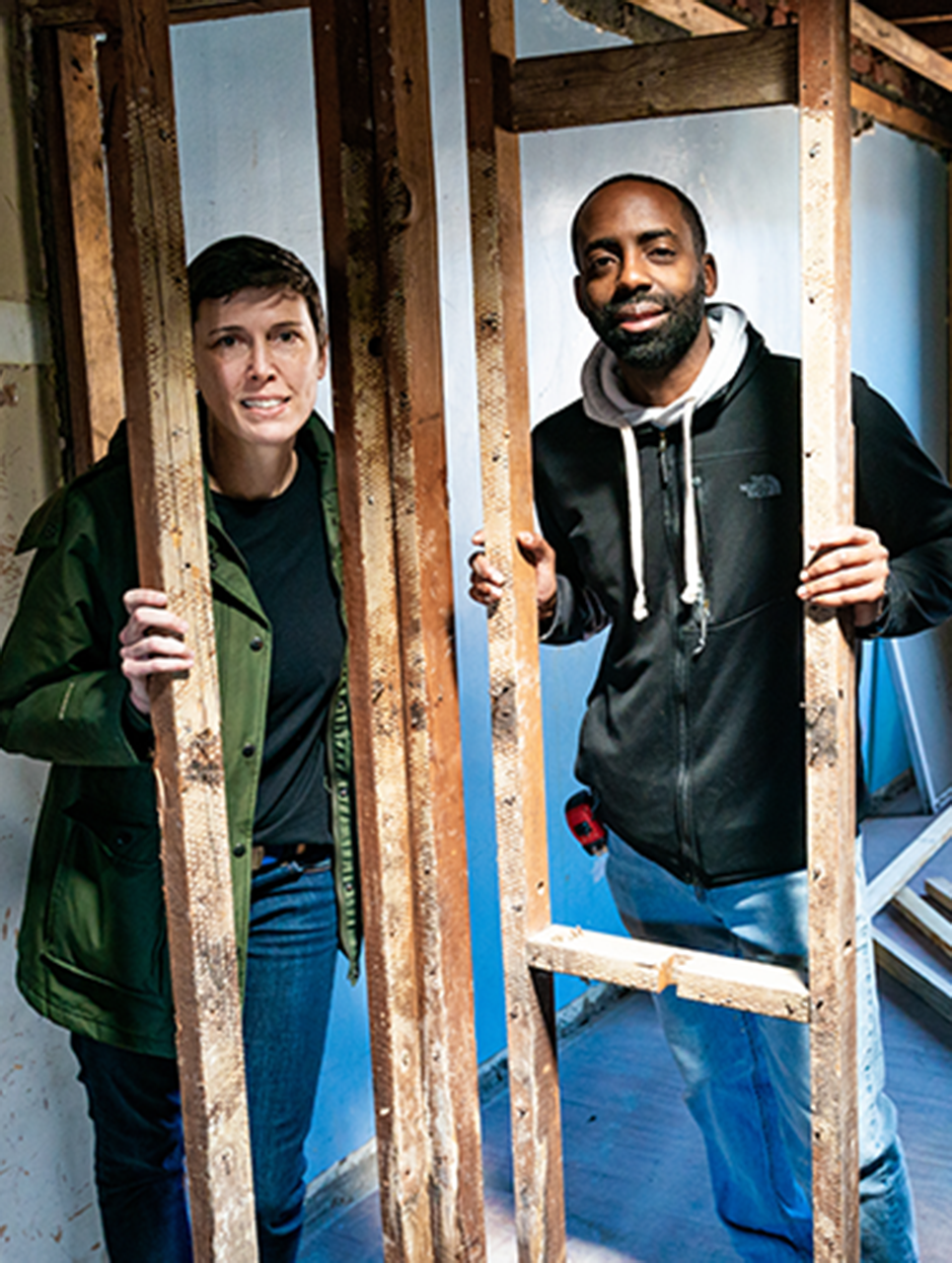
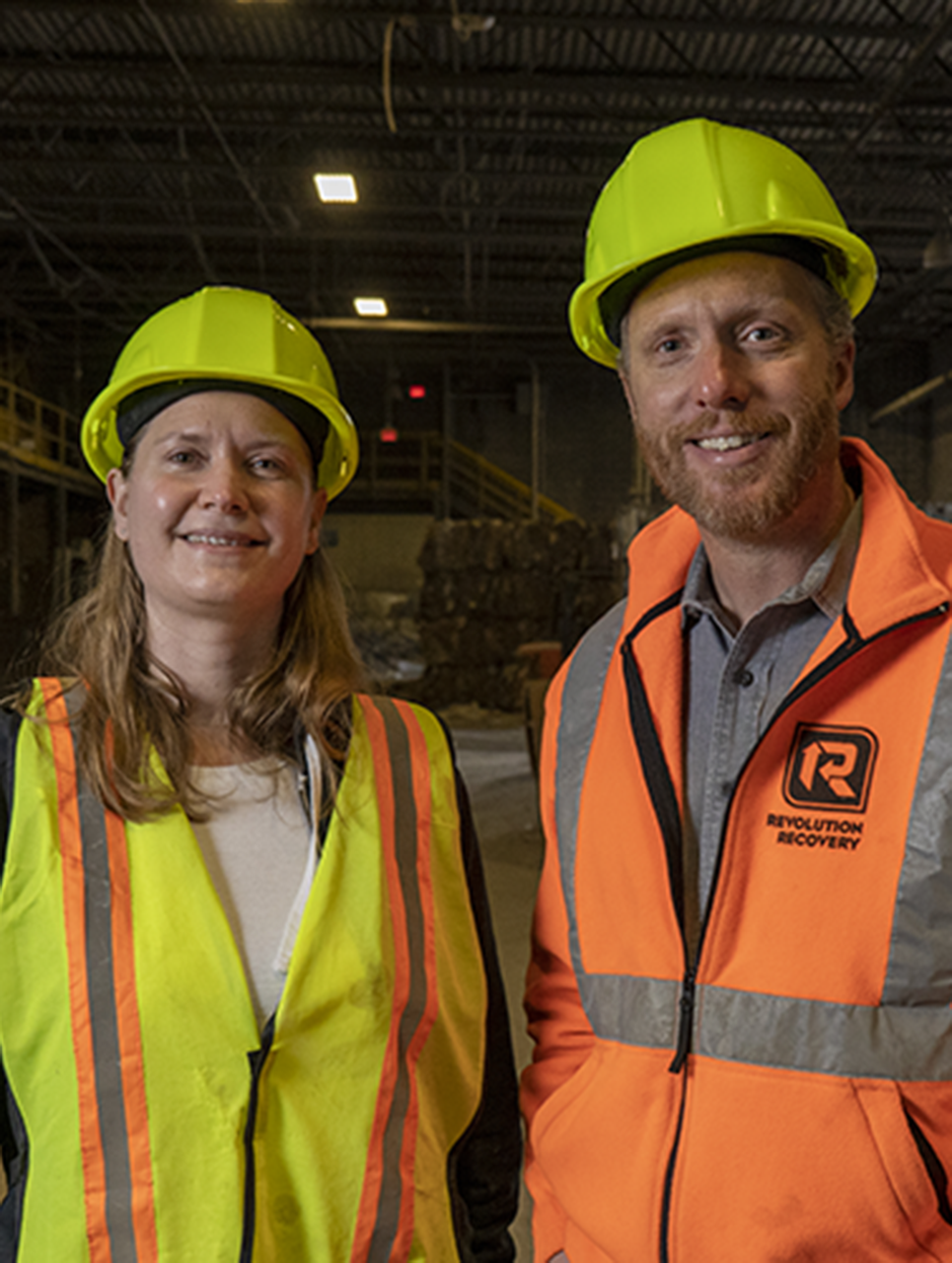
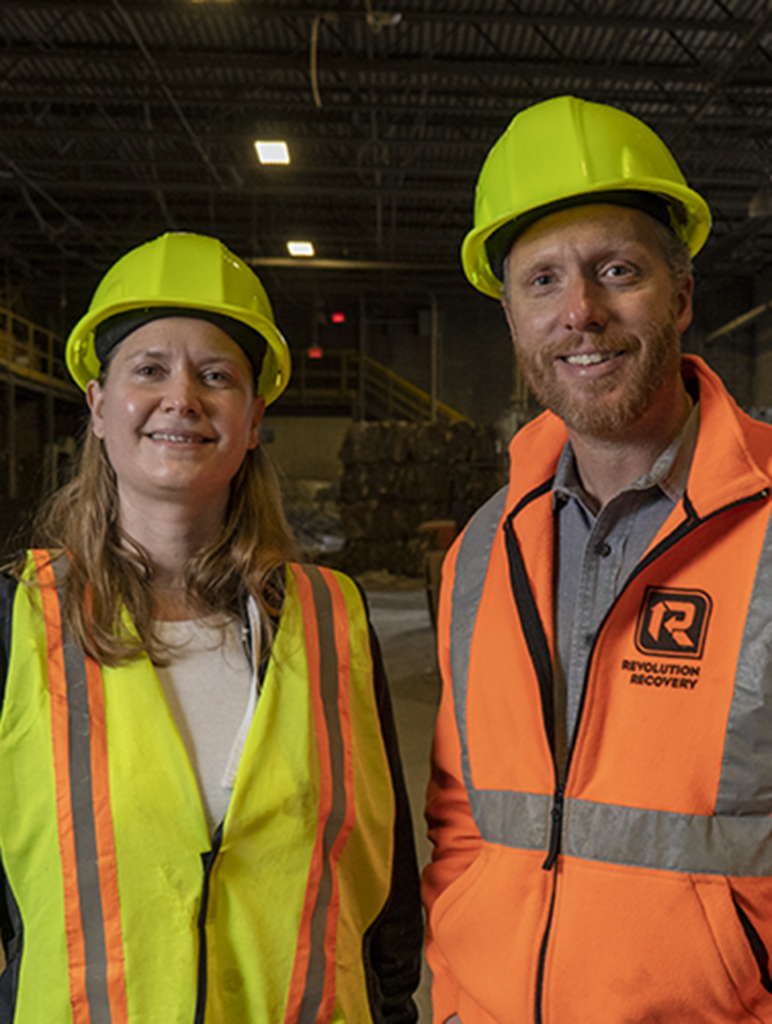
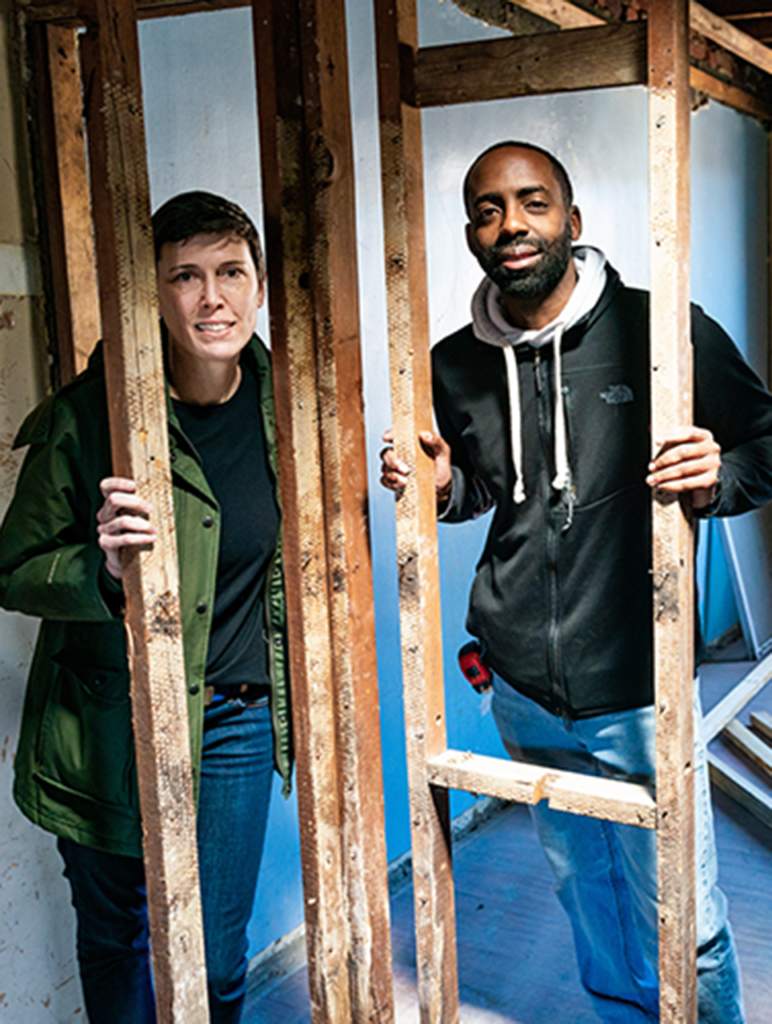

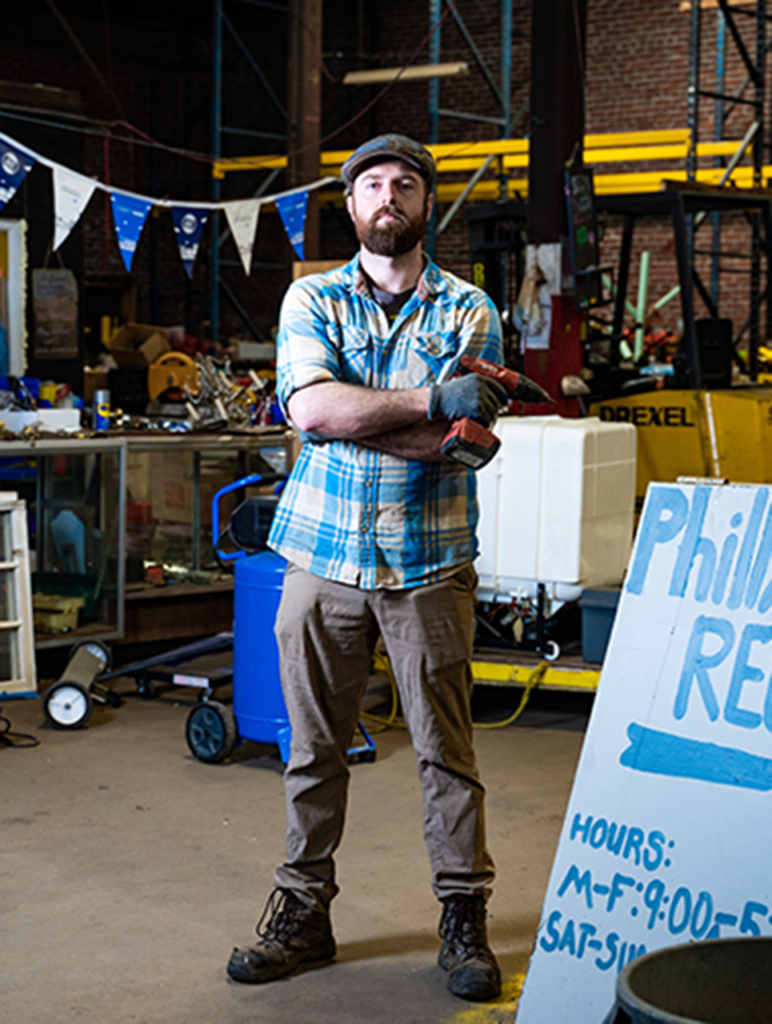
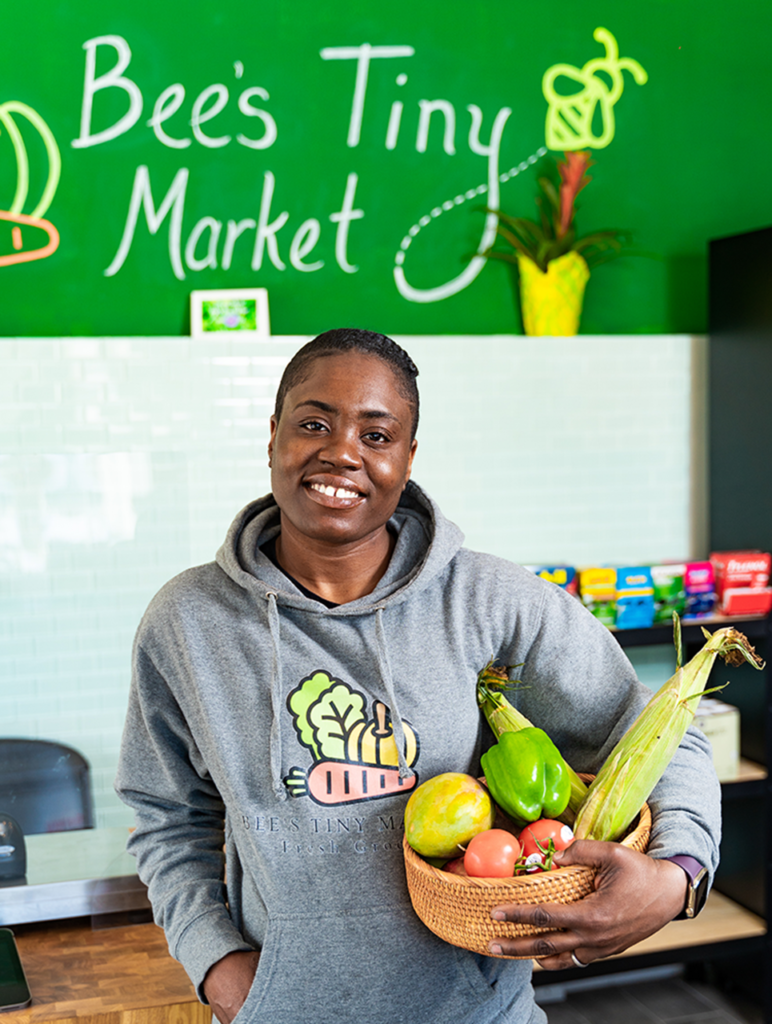
Wonderful article! Jay and Marilyn Basch have been a wonderful asset to our Deaf Community
You can really just say . . .
“xxxxxx,”, says Jay.
It’s not necessary to use “signs.”